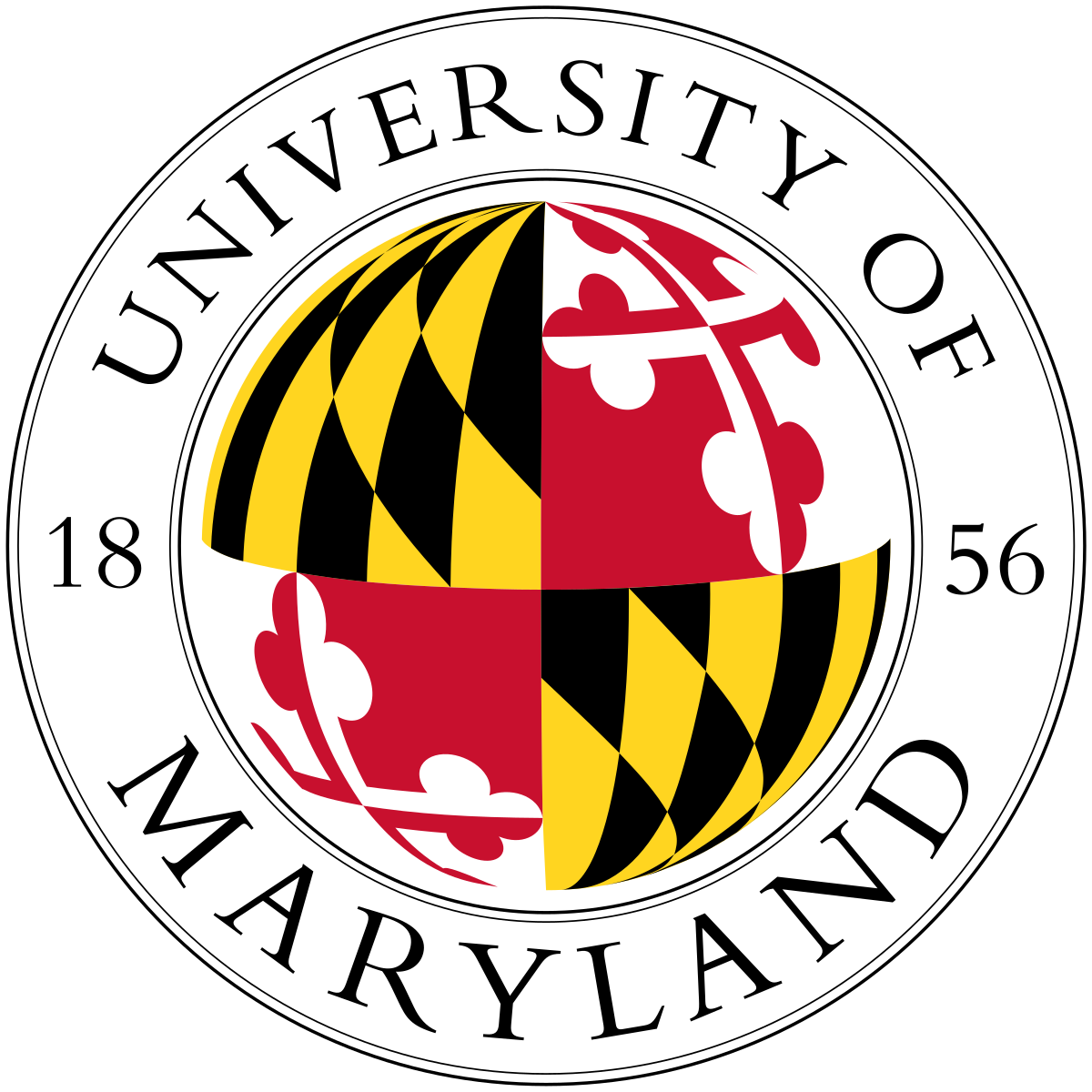
Cyber Security - Graduate Certificate
University of Maryland, College Park


University of Maryland, College Park

Cyber Security - Graduate Certificate
University of Maryland, College Park
It is a top-ranked institution verified by QS
Degree
UG Diploma /Certificate /Associate Degree
Duration
12
Course Type
With Co-op
Co-op education gives you real-world experience in a job related to your studies.
Opening Soon
Opening Soon